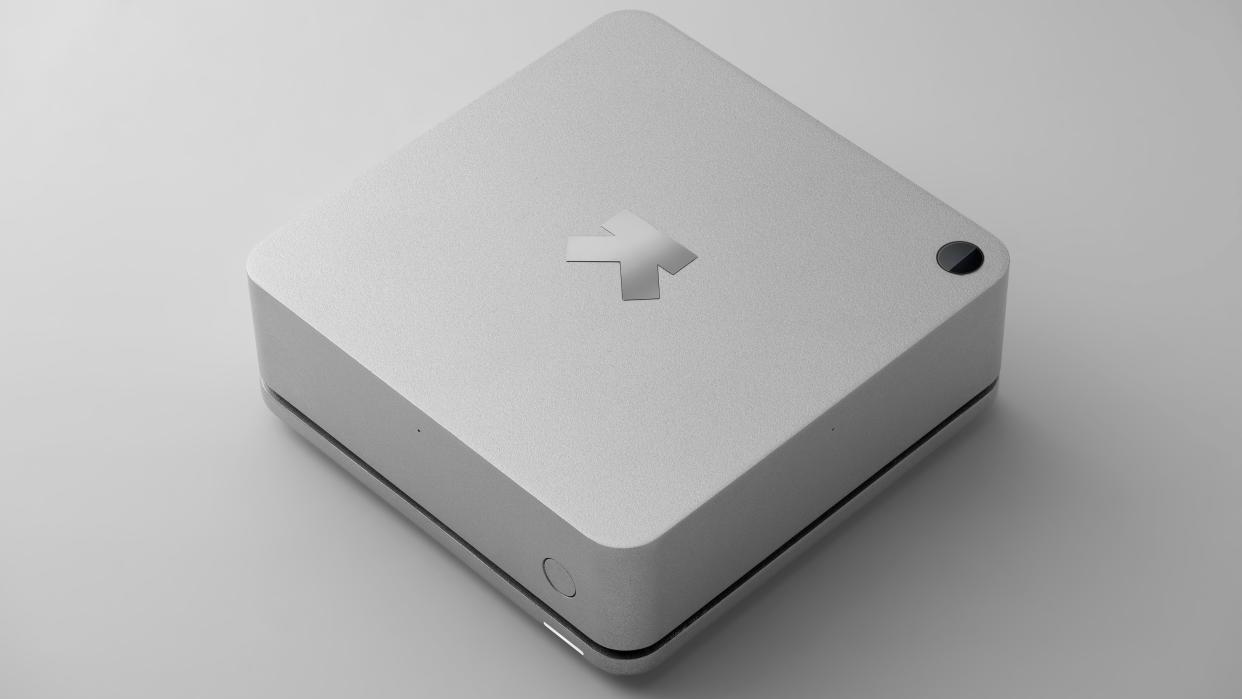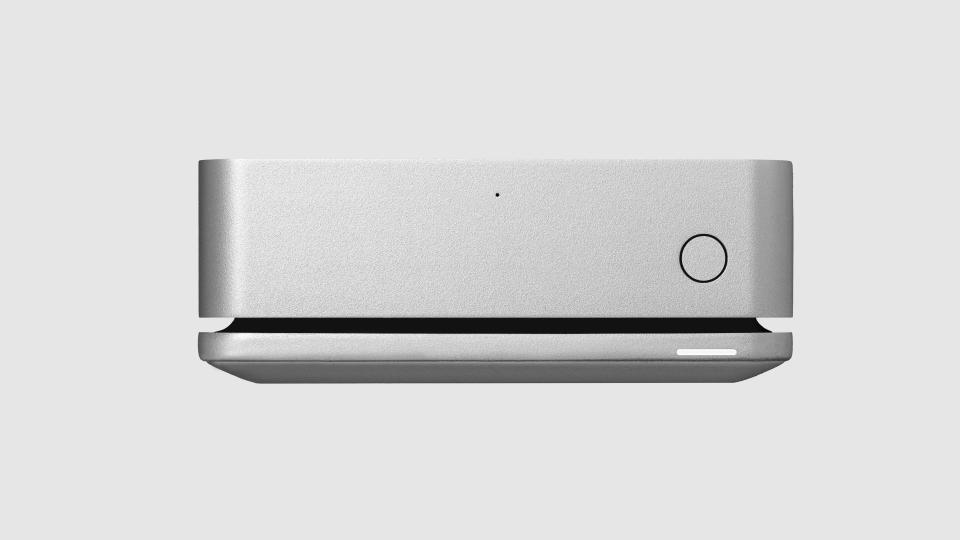Ultrahuman is stepping beyond smart rings to warn you if your home is toxic

What you need to know
The Ultrahuman Home is a smart home sensor designed to warn you of substandard living or sleep conditions.
It measures humidity, air quality, temperature, natural light, particulate matter, noise, and smoke.
Ultrahuman is best known for its Ring AIR smart ring, which tracks your sleep quality and exercise.
The Ultrahuman Home costs $349 and ships in July 2024.
Smart rings are a comfortable way to track your sleep quality, but it's not always clear why you're not sleeping well. Smart ring brand Ultrahuman showed off a new smart home sensor at CES 2024 that'll help you get to the root of the problem.
Called Ultrahuman Home, it's a home health monitor that tracks several "passive factors that affect an individual's health," from physical particulates to light conditions and the temperature in your house.
Ultrahuman says that it not only measures this data, but also tracks "how these markers change over time," while also connecting it to your personal health data to see how it's improving or worsening as a result.

So what does the Ultrahuman Home track specifically? Starting with the more serious stuff, it can detect microscopic particulate matter (PM) that can lead to long-term respiratory or cardiovascular damage, and will also have a built-in smoke sensor that'll provide a backup to your usual smoke detector — though this won't be active until the end of 2024.
Next, the Ultrahuman Home will note potential sleep disruption issues. The built-in mic will tell you if your environment is too noisy — or if you snore or have sleep apnea. You can physically toggle the mic off if you're concerned about privacy, thankfully.
The home health monitor also tracks blue light pollution, overnight temperature, and humidity levels. We assume Ultrahuman wants you to keep this sensor in your bedroom, for the best data of your sleeping conditions. That way, you'll know if your poor sleep is due to being too warm, too dry, or not having enough melatonin.
Lastly, Ultrahuman Home will note UV and sunlight levels, to help determine if you're getting enough vitamin D during the day to help with sleep at night.
Smart rings can only measure so much data in their compact forms without ballooning to an uncomfortable size. Outsourcing health data collection to another device, and then combining the ring and health data to help get to the root of your sleep issues, seems like a reasonable approach.
The Ultrahuman Home will go to Kickstarter by the end of January, with a target ship date of July 2024 and a $349 price tag. Since the Ring AIR also costs $349 or more — and you'll probably want both for the most relevant data — it ends up being a fairly high price tag. But we're still intrigued about what this device could tell us about how safe and comfortable our homes are.

